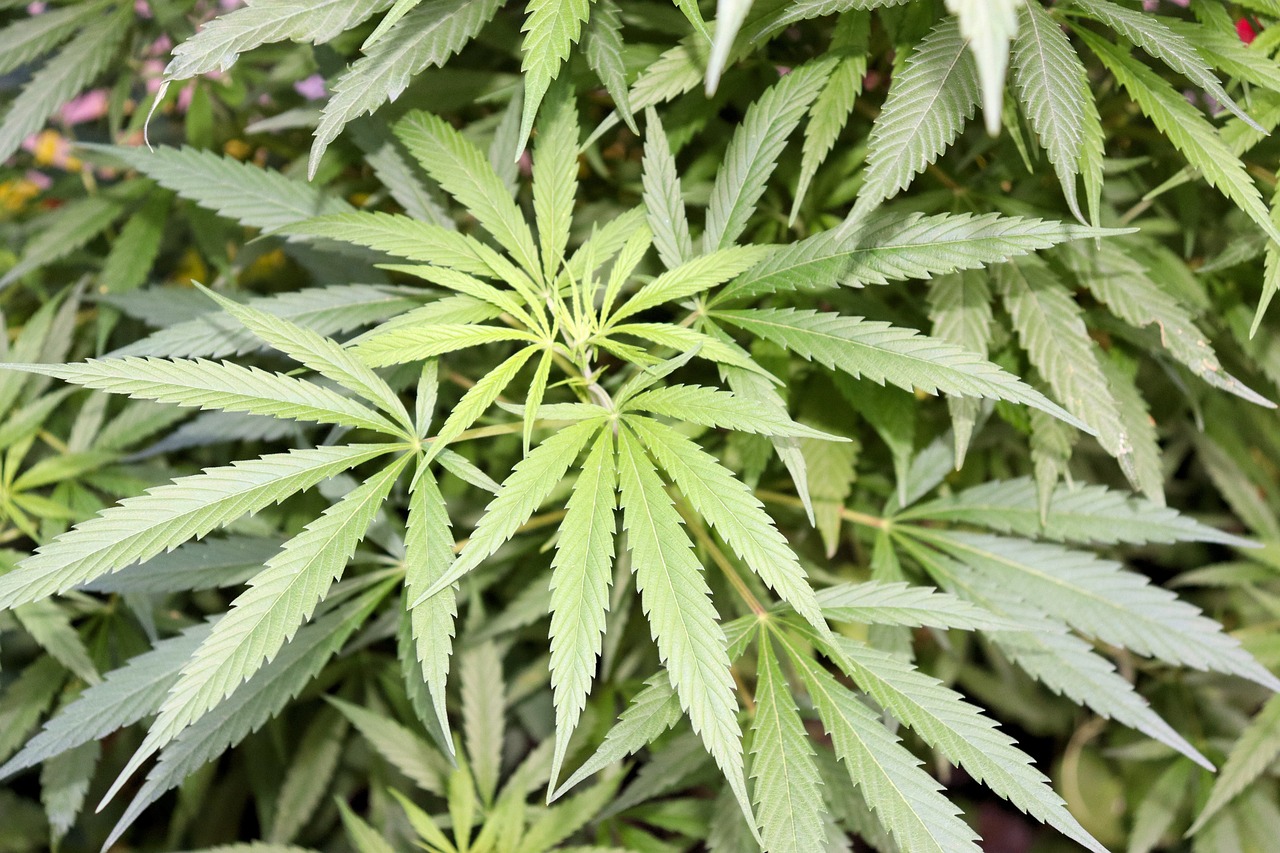In recent years, the cannabis industry has seen a surge in interest surrounding various cannabinoids and their unique properties. Among these, THCA (tetrahydrocannabinolic acid) has garnered attention for its non-psychoactive nature and potential health benefits. This article explores what Benefits of THCa flower for skin health is, its benefits, and what users can expect from its consumption.
Understanding THCA: The Basics
THCA is a cannabinoid found in raw and live cannabis plants. Unlike THC (tetrahydrocannabinol), which is known for its psychoactive effects, THCA does not produce a “high.” This is because THCA is the precursor to THC and only converts to THC when exposed to heat through a process called decarboxylation.
In its raw form, THCA is abundant in fresh cannabis flowers. It is only when the plant material is dried, cured, or heated that THCA transforms into THC. This transformation is why smoking or vaping cannabis typically results in psychoactive effects, while consuming raw cannabis does not.
Potential Benefits of THCA
Research into THCA is still in its early stages, but preliminary studies and anecdotal evidence suggest several potential benefits:
- Anti-inflammatory Properties: THCA may help reduce inflammation, making it a potential option for those with inflammatory conditions such as arthritis.
- Neuroprotective Effects: Some studies indicate that THCA might offer neuroprotective benefits, which could be beneficial for neurodegenerative diseases.
- Anti-emetic Properties: THCA has shown promise in reducing nausea and vomiting, which could be helpful for patients undergoing chemotherapy.
- Appetite Stimulation: Like THC, THCA may help stimulate appetite, which can be beneficial for individuals with appetite loss due to medical conditions.
Consumption Methods for THCA Flower
For those interested in experiencing the benefits of THCA without the psychoactive effects of THC, there are several consumption methods to consider:
- Raw Consumption: Consuming raw cannabis flowers or leaves in smoothies or salads preserves the THCA content.
- Juicing: Juicing fresh cannabis leaves and flowers is another way to consume THCA without converting it to THC.
- Tinctures and Oils: Some products are specifically designed to retain high levels of THCA, offering a convenient way to consume it.
Case Studies and User Experiences
While scientific research is ongoing, many users have shared positive experiences with THCA. For instance, some individuals with chronic pain have reported reduced symptoms after incorporating THCA into their regimen. Others have noted improvements in mood and energy levels.
One case study involved a patient with severe arthritis who experienced significant pain relief and improved mobility after using THCA-rich products. Another user with a history of migraines found that THCA helped reduce the frequency and severity of their headaches.
Legal Considerations
The legal status of THCA can vary depending on location. In some regions, THCA is considered legal as it does not produce psychoactive effects. However, it’s important to be aware of local laws and regulations regarding cannabis and its derivatives.
In the United States, for example, the legality of THCA may depend on whether it is derived from hemp or marijuana. Hemp-derived THCA is often legal under federal law, while marijuana-derived THCA may be subject to state-specific regulations.
THCA vs. CBD: A Comparison
Both THCA and CBD (cannabidiol) are non-psychoactive cannabinoids, but they have distinct properties and potential benefits. While CBD is well-known for its anti-anxiety and anti-seizure effects, THCA is more associated with anti-inflammatory and neuroprotective properties.
Choosing between THCA and CBD may depend on individual health goals and preferences. Some users may find that a combination of both cannabinoids offers the most comprehensive benefits.
Conclusion
THCA flower offers a unique opportunity for those seeking the potential benefits of cannabis without the psychoactive effects. With its anti-inflammatory, neuroprotective, and anti-emetic properties, THCA holds promise for a variety of health applications. As research continues to unfold, more individuals may turn to THCA as a natural option for wellness and relief.
Whether consumed raw, juiced, or in tincture form, THCA provides a versatile and non-intoxicating experience. As always, it’s advisable to consult with a healthcare professional before incorporating any new supplement into your routine, especially if you have underlying health conditions or are taking other medications.
